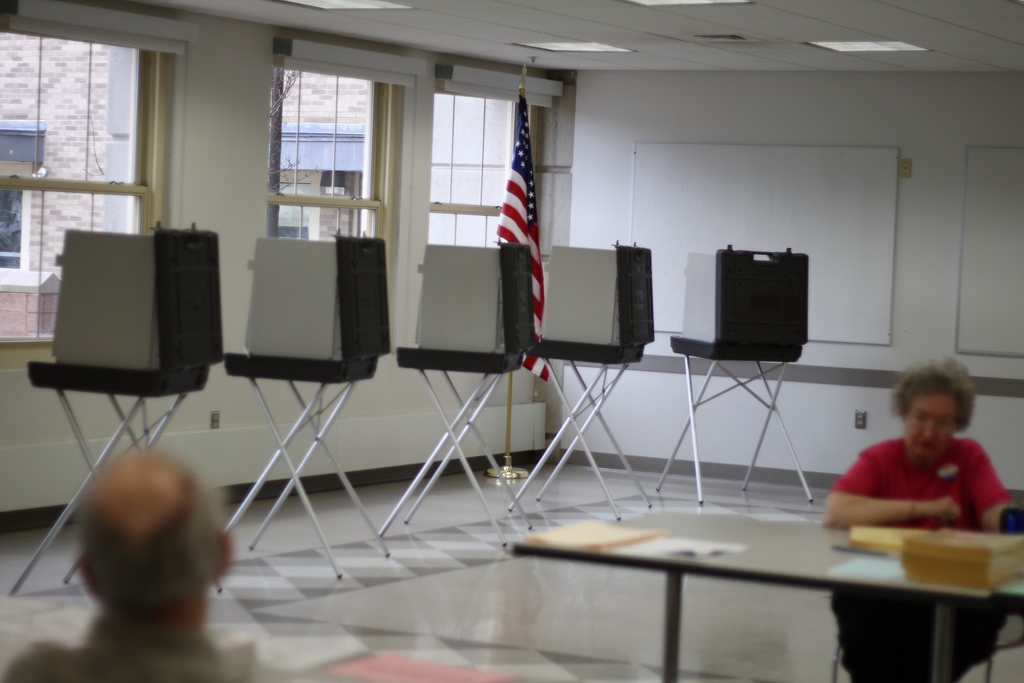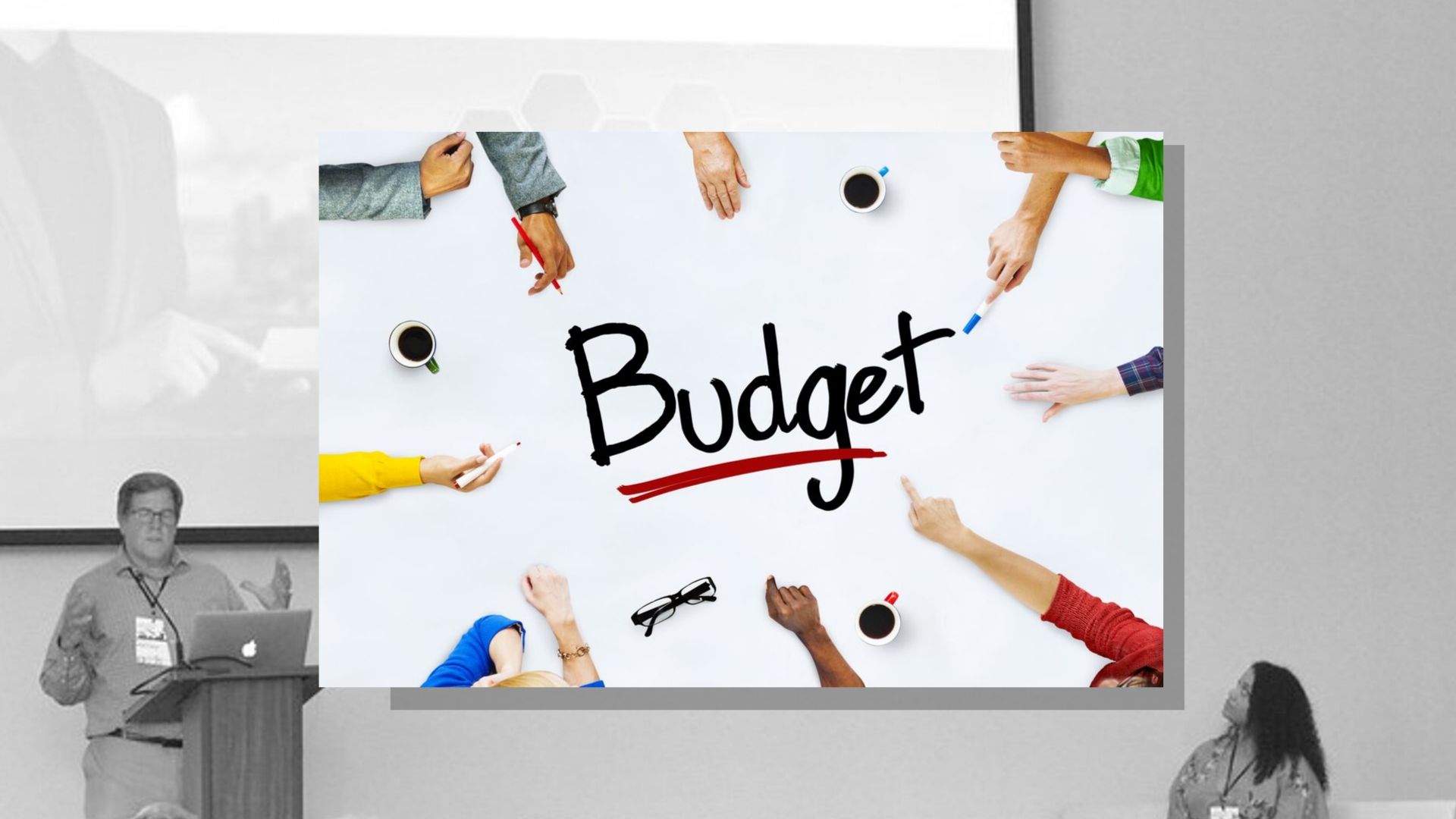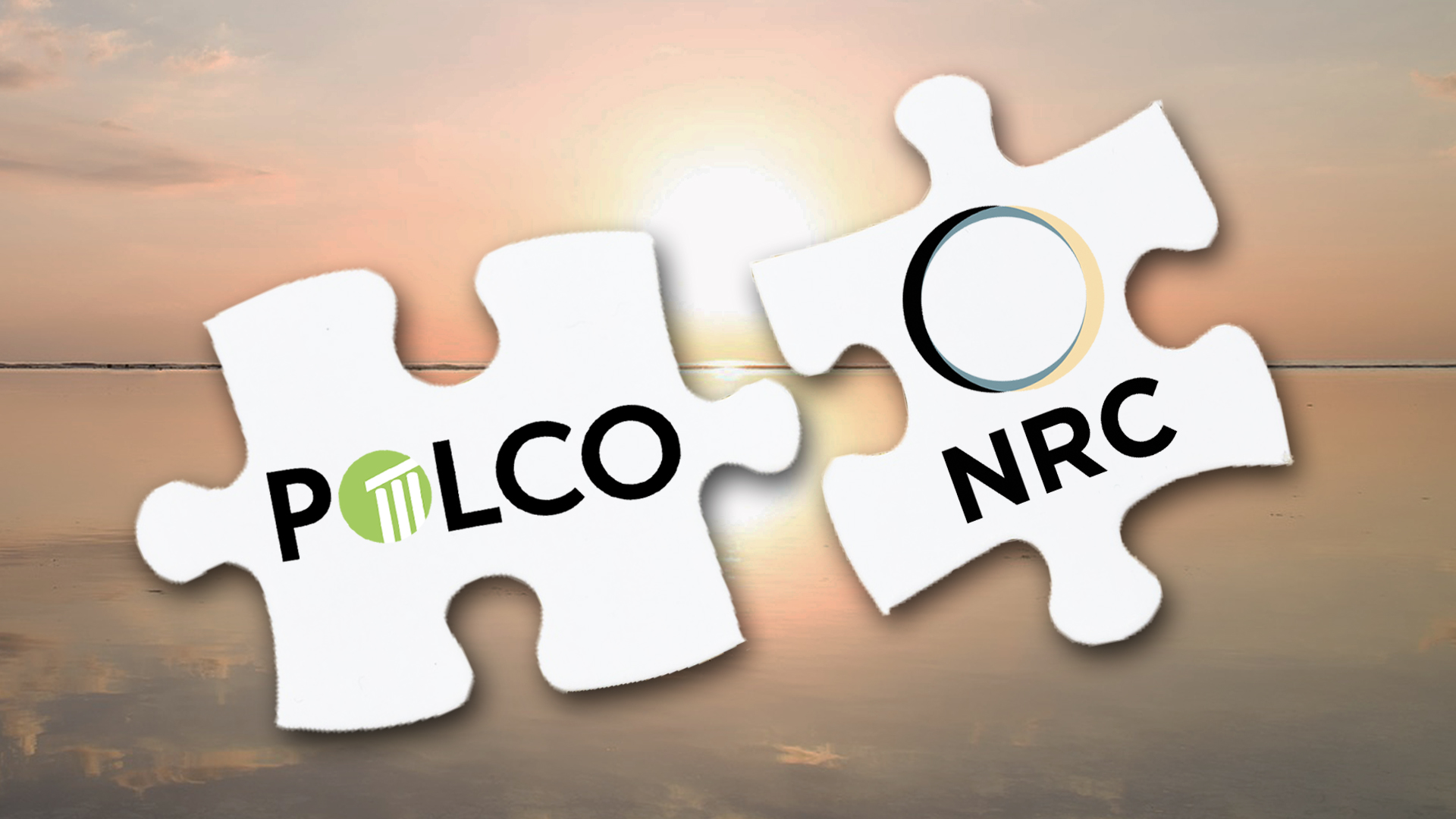Many Americans Don't Vote. Here's One Reason Why.
By Polco on July 18, 2017

During last year’s election, more than one in three voting-eligible Americans didn’t vote. While there are widespread systemic issues that contribute to a lack of voter turnout, there’s also another big reason we know voters don’t show up at the polls: They feel like their voices don’t matter.

With almost no variation across class or race, a recent Gallup poll found that 60 percent of Americans feel the two dominant political parties are not representative of their opinions. How did we arrive at a place where people feel disconnected, where they feel representatives fail to represent their views, and where there is no mechanism to correct the situation?
For one thing, we have a communication problem.
If a person wants to share an idea or provide feedback to their representative - at any level of government - what options exist? A phone call? An email? Facebook or Twitter mention? Showing up to a town hall meeting on a Tuesday night at 7:30pm?
From a constituent perspective, none of these have delivered the results people want to see. And from the perspective of a local representative, using Facebook to gather input and data from, say, 20,000 constituents doesn’t work. Our current options and technologies are not scalable and simply don’t work for us or our lawmakers.
Even at the local level, where so many important decisions are being made every day and where there is a physical proximity between the decision makers and community members, why is it still so hard for citizens to learn about local government issues? Why is it so hard for them to have direct input on the issues that matter most to them?
Two years ago a friend and I set out to fix this problem. We have always had a passion for public policy, stemming from our time in the military, and we also happen to have deep backgrounds in new technology.
We wanted to create a way for local governments to be more efficient—a way for them to create and analyze real-time, broadly accessible polls that show where local residents stand on issues like land use, taxes for stadiums and other public works, recycling incentives, public parks, tollways...anything happening in our own backyards. We wanted to give even more citizens across the country a voice in those issues. And we wanted to to give our elected officials an easier way to listen.
That’s why we built Polco, a website and mobile app that lets lawmakers gather input from the people they represent. By giving people a tool to be heard-—and giving local officials a way to measure it —we can empower more people, make more voices a part of the conversation, and help make communities stronger and more inclusive.
The results so far have given us hope. We’re now confident that we can alleviate some of the apathy and distrust people have of government by giving them direct access to the important conversations shaping public policy. By giving them the simple tools they need to share their thoughts, concerns, and hopes with lawmakers, we can change how people connect with our government-—and make it more likely they will participate and vote in the future.
We ground this confidence in the eagerness of our customers, communities and cities willing to pay to use a platform to connect directly to their constituents and give them a voice.
We are buoyed by the eagerness of communities across the country, and often individual people, who care so deeply about improving our democracy that they purchase a tool like Polco for their city.
Our goal is to help as many citizens as possible learn about current issues happening right in their backyards, and make their voice heard on the issues that impact them every day.
To learn more about the movement visit www.polco.us and if you want learn how you can help bring Polco to your city, visit www.polco.us/now.
Popular posts
Sign-up for Updates
You May Also Like
These Related Stories

Why Community Input and Priority Based Budgeting Go Together, Perfectly

Scientific Survey Research Firm Merges with Civic Engagement Technology Company

